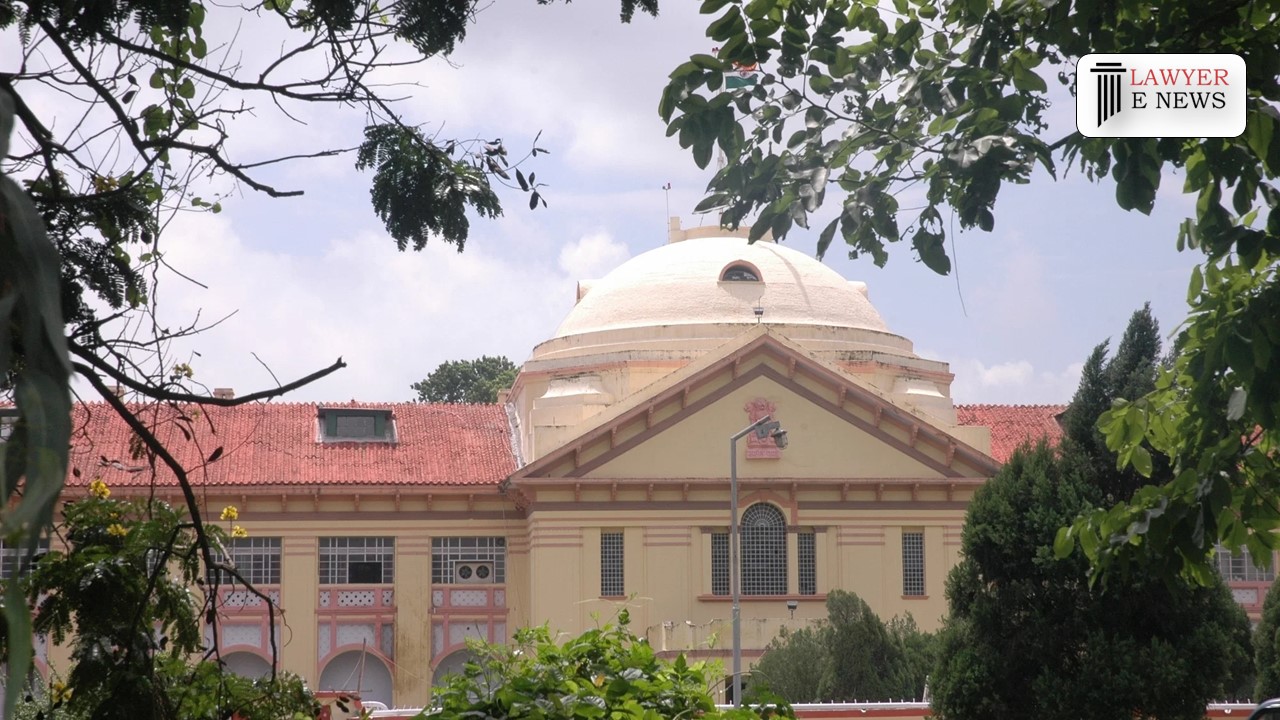-
by Admin
16 February 2026 4:21 AM



In a significant ruling, the Patna High Court, presided over by Justice Bibek Chaudhuri, has set aside the order of the Sessions Judge, Darbhanga, thereby reinstating the cognizance of offences against accused Deo Narayan Sahu in a case of trespass, mischief, assault, and theft. The High Court's decision revolves around the importance of basing suspicions on solid materials at the stage of taking cognizance.
The case, Bardhan Kumar Sah vs. The State of Bihar, arose from an incident where the petitioner alleged that Deo Narayan Sahu, along with others, trespassed into his shop, caused damage, assaulted him, and committed theft. The learned Sessions Judge had previously excluded Sahu from the list of accused, citing a lack of specific allegations against him and suggesting the dispute was primarily civil in nature.
Justice Chaudhuri, in his judgment, emphasized the importance of a well-founded suspicion based on material evidence. "The word suspicion referred to by this Court must be founded upon materials placed before the Magistrate which needs same to form a presumptive opinion as to the existence of factual ingredients constituting the offence alleged," the judge observed. This clarification sheds light on the standards required for cognizance of offences.
Further scrutinizing the materials and witness statements presented, the High Court found specific allegations against Deo Narayan Sahu. The Court noted, "It is needless to say that at the time of taking cognizance of offence, only the statement of the witnesses, an inquiry report under Section 202 of the Cr.P.C. shall be taken into consideration."
With this judgment, the High Court has underlined the significance of a thorough examination of all available materials before excluding any accused from a criminal case. The order passed by the learned A.C.J.M.-VIth, Darbhanga on 30.07.2018 has been revived, and the criminal revision filed by the petitioner has been allowed, thus marking a notable decision in the realm of criminal jurisprudence.
Date of Decided : 18-03-2024
BARDHAN KUMAR SAH vs THE STATE OF BIHAR
